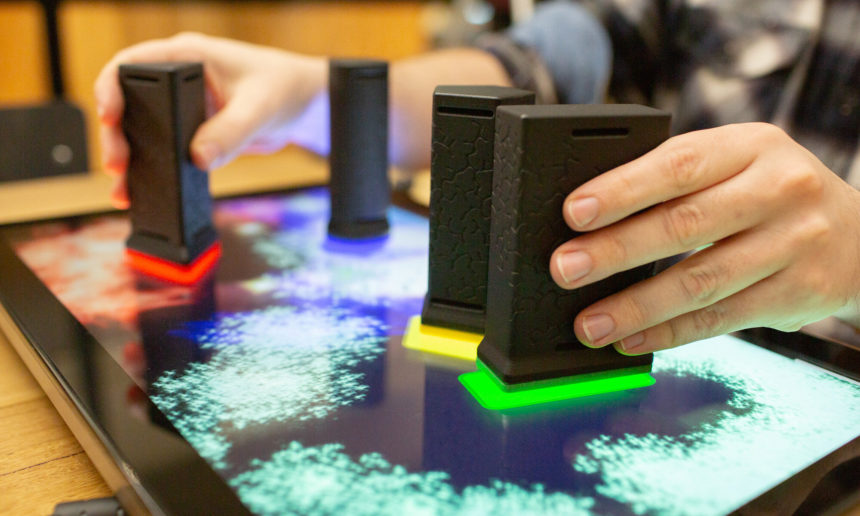
A new touch-screen tool helps to speed upper limb recovery among stroke patients, according to its developers.
The rehabilitation system, called EDNA, features a range of therapeutic games designed to promote brain plasticity in people who have suffered a stroke or other brain injury, said Jonathan Duckworth, Ph.D., from RMIT University, Australia.
Hardware includes tangible and graspable tools along with augmented feedback intended to help patients while they regain motor, cognitive and functional ability. Performance data is collected in the cloud. Therapists are able to remotely review the integrated data and monitor patient recovery, said Duckworth and colleagues.
In a recent trial, stroke patients who incorporated EDNA into their treatment programs experienced improvements in motor, cognitive and functional abilities up to three times greater than patients receiving only conventional therapy, the designers reported.
The tool is also meant to provide enjoyment, said Duckworth, an industrial designer.
“We designed EDNA so that patients could be doing therapy without it feeling like therapy,” he said.
The results do not predict longer-term recovery, Duckworth said. A new study is now underway in a hospital setting, using a portable version that allows for increased treatment frequency and independent therapy at home.
Results from the recent trial were published in the Journal of NeuroEngineering and Rehabilitation.




